David Hicks
TPF Noob!
- Joined
- Apr 23, 2009
- Messages
- 20
- Reaction score
- 0
- Can others edit my Photos
- Photos NOT OK to edit
I just bought an rb67 and now am looking at spot meters, cause I cant lug my dslr around all the time to meter with... however, I was expecting something more in the range of 150 buck, not 400+...
do cheap spot meters exist? If so, where can I find one?
do cheap spot meters exist? If so, where can I find one?


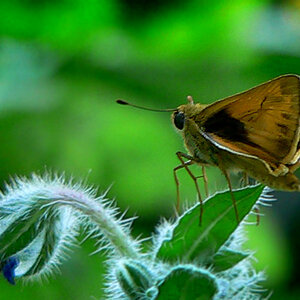
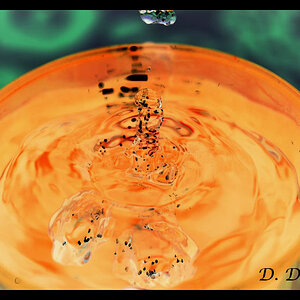
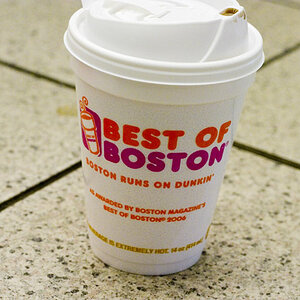
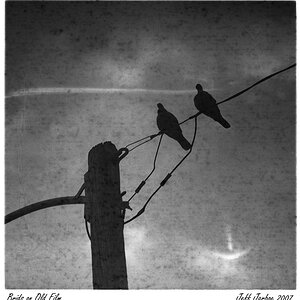
![[No title]](/data/xfmg/thumbnail/42/42060-f597479f8fd78d4bb4d17e7686fb0812.jpg?1619739996)
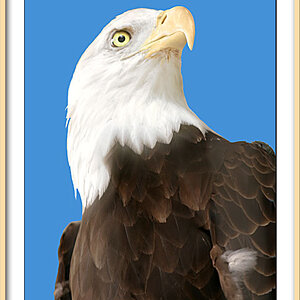
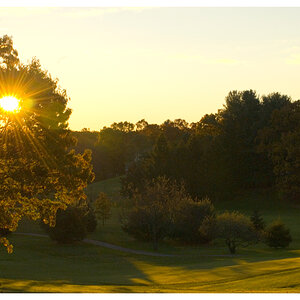
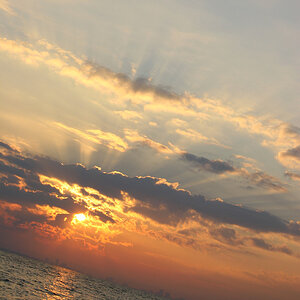
![[No title]](/data/xfmg/thumbnail/33/33351-cd8e1d901d113ee8f9312e19478885a7.jpg?1619735918)
![[No title]](/data/xfmg/thumbnail/31/31012-f5e0c7cdea2f2c3e44737e3f61c2461a.jpg?1619734567)

![[No title]](/data/xfmg/thumbnail/31/31015-dc3b950337aa798fec947c782fff2e35.jpg?1619734570)